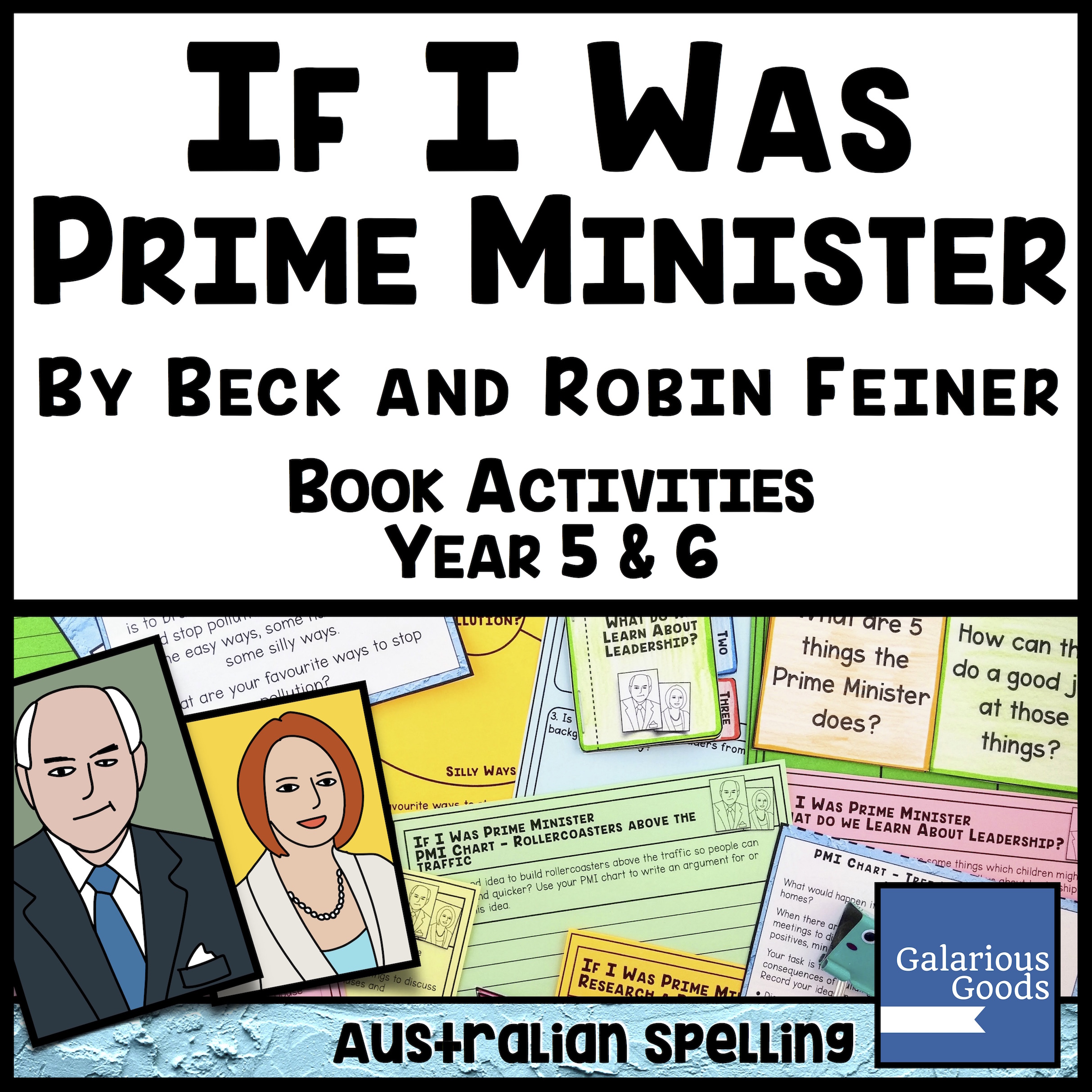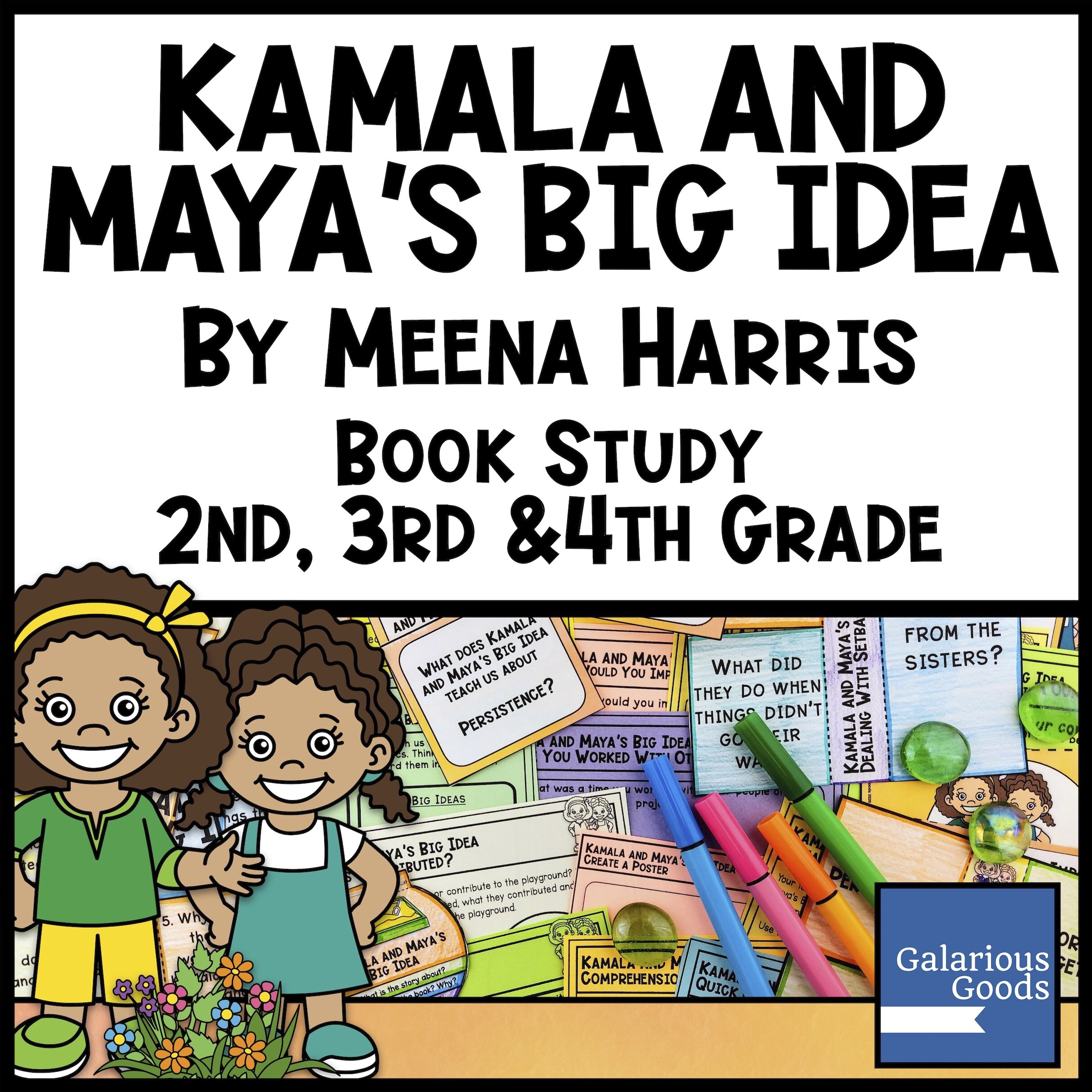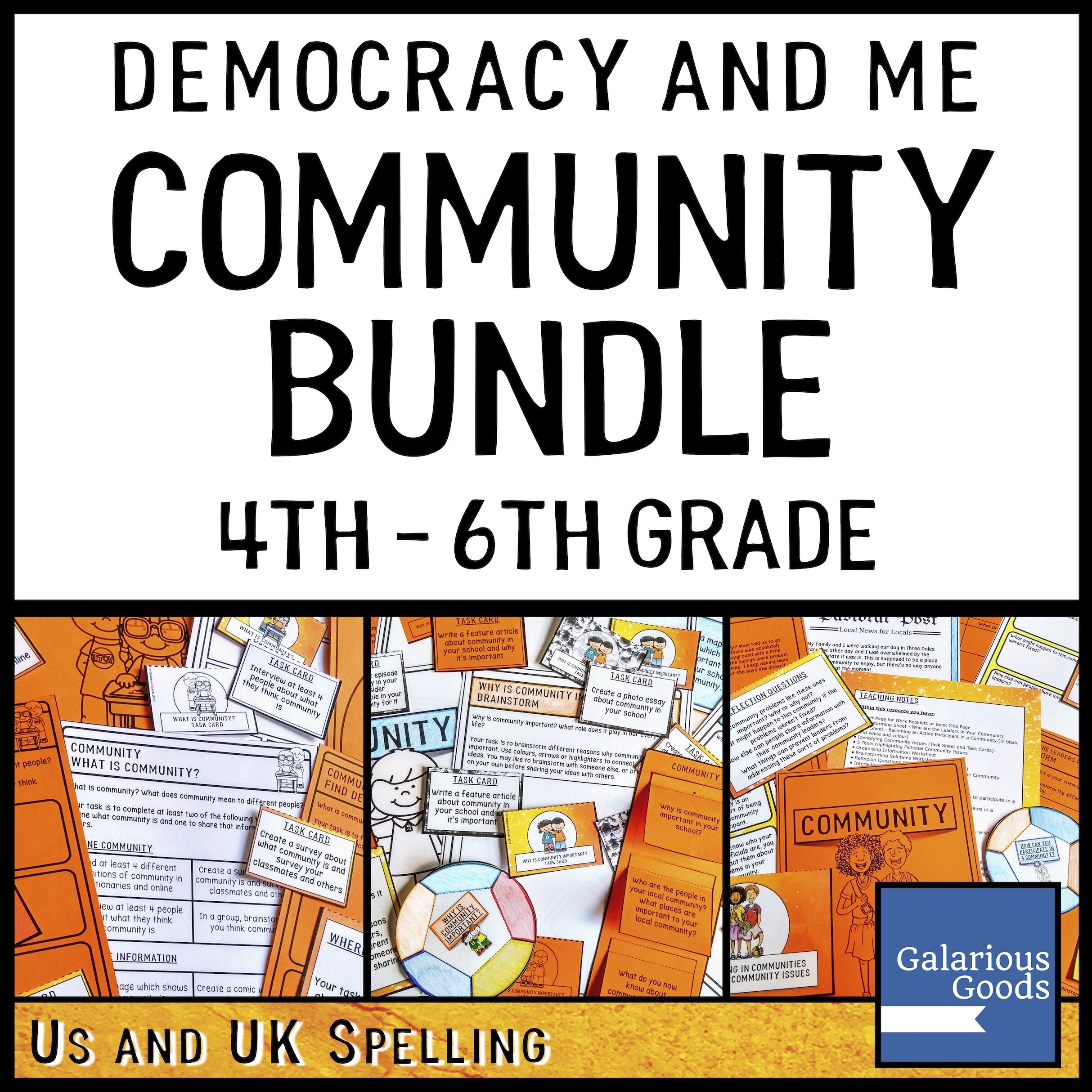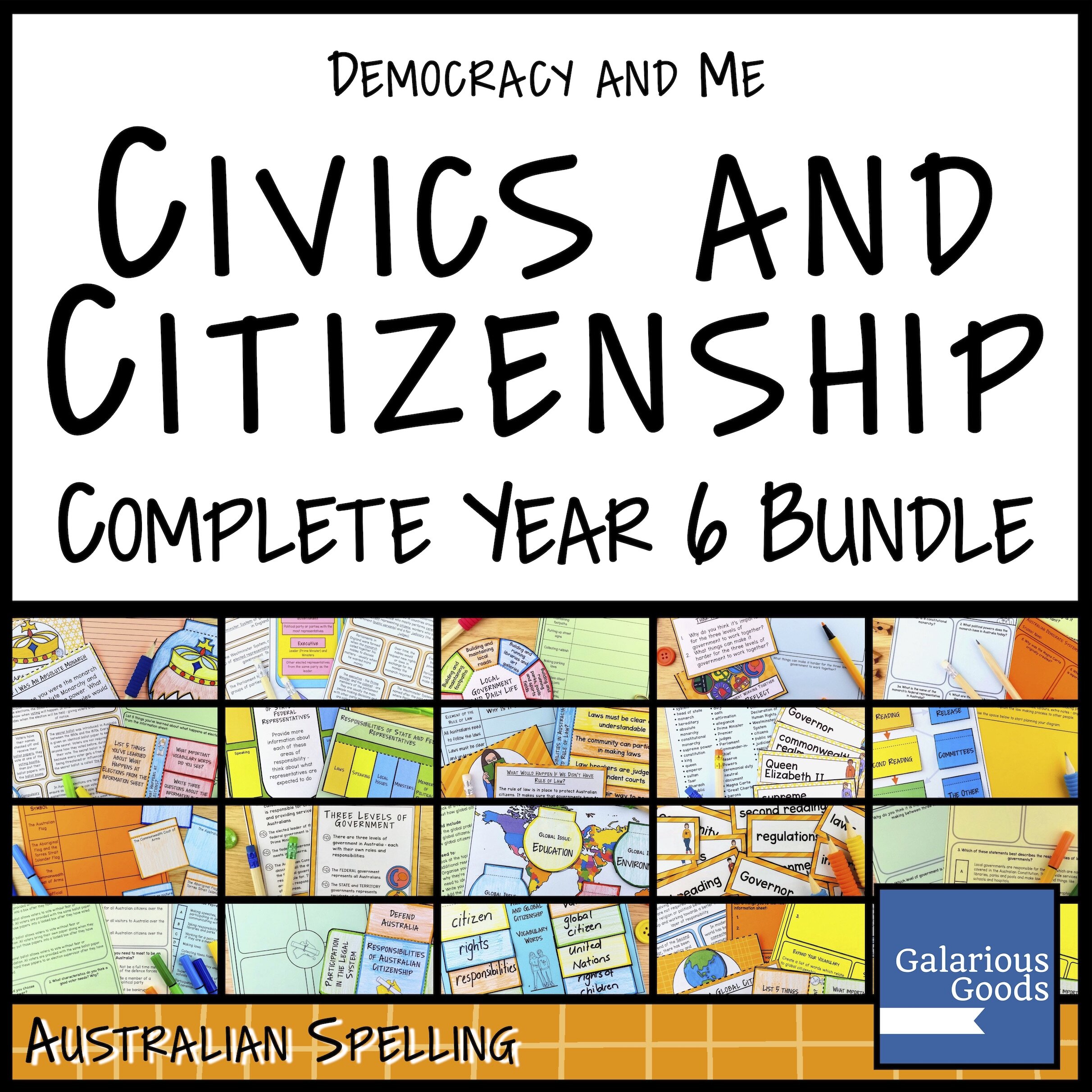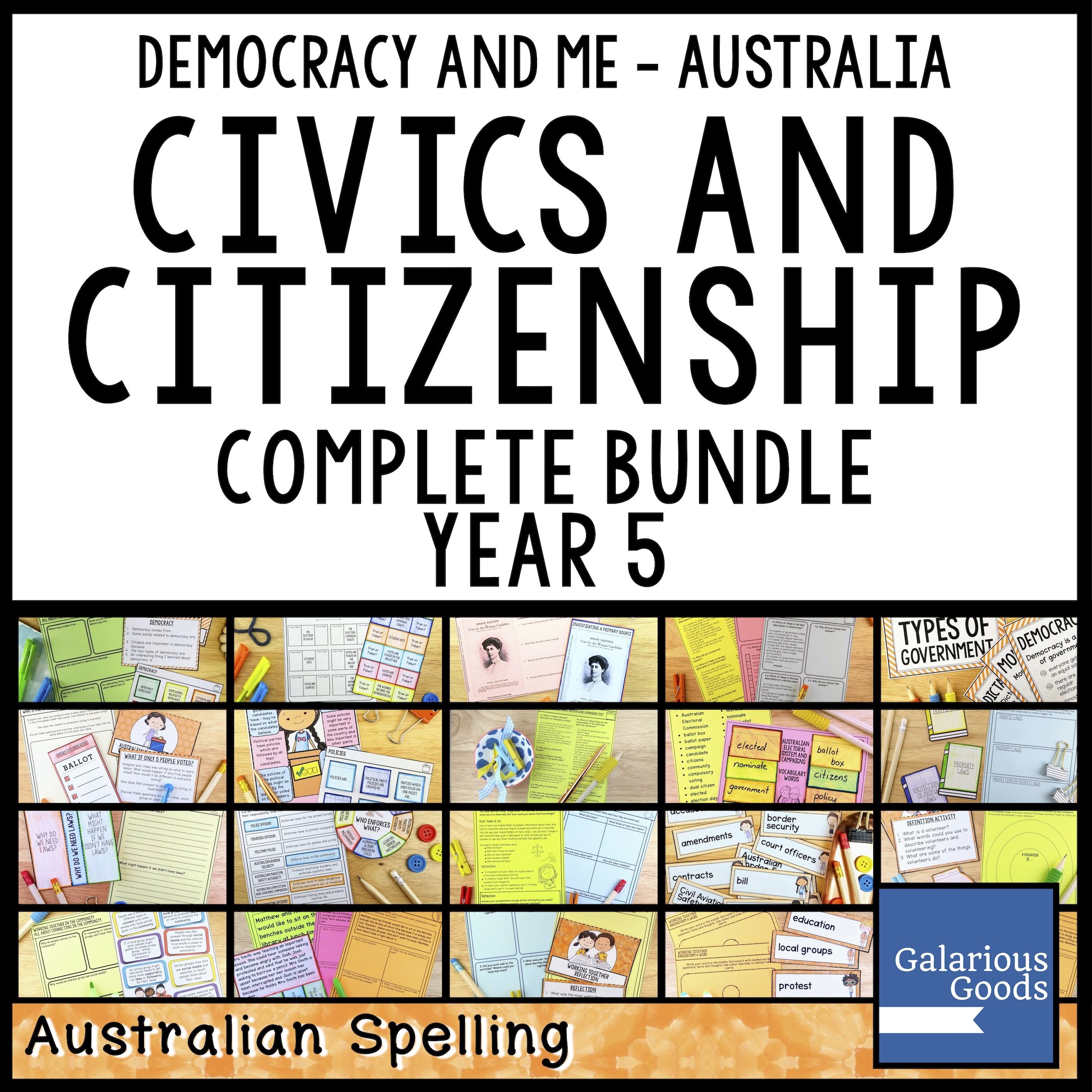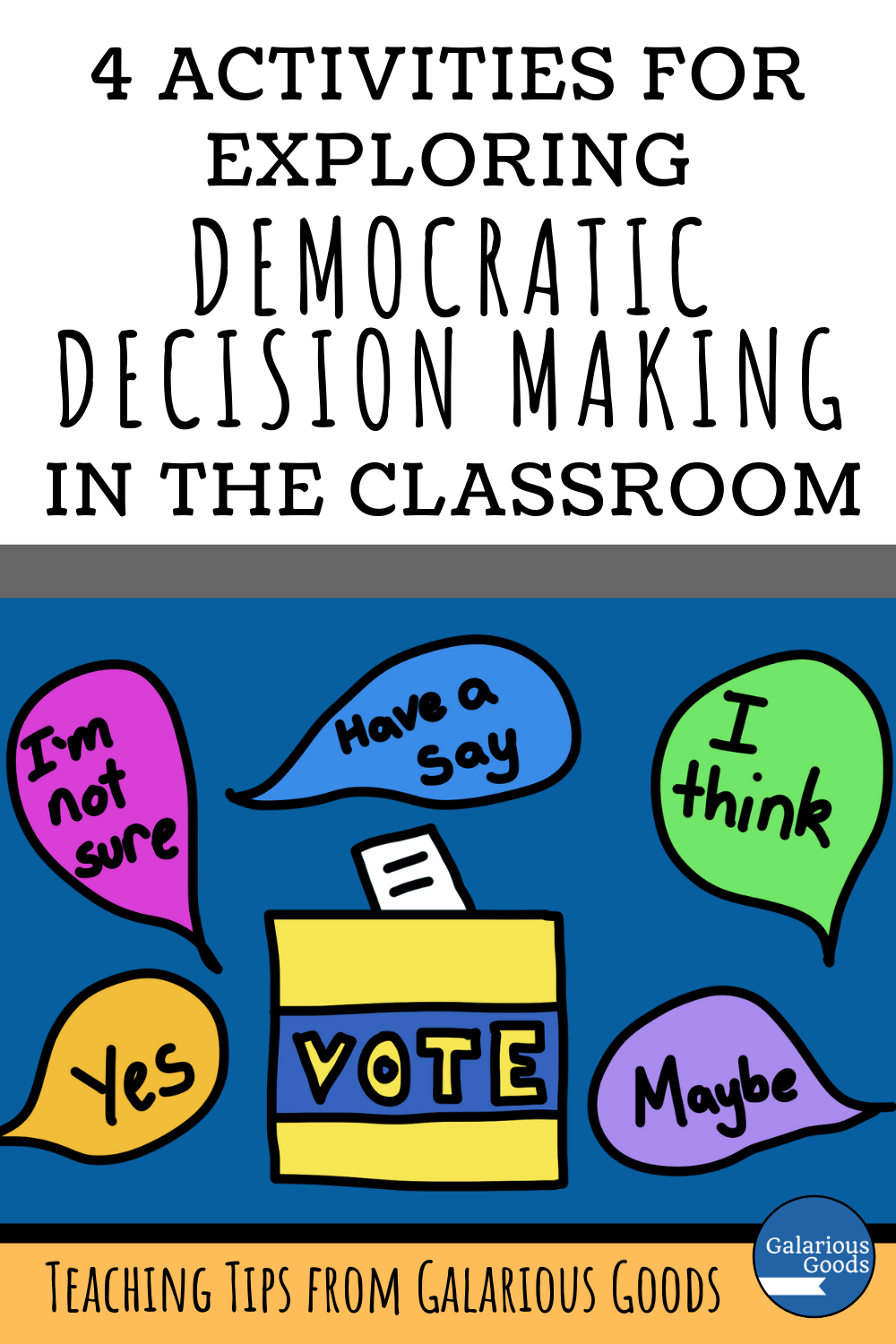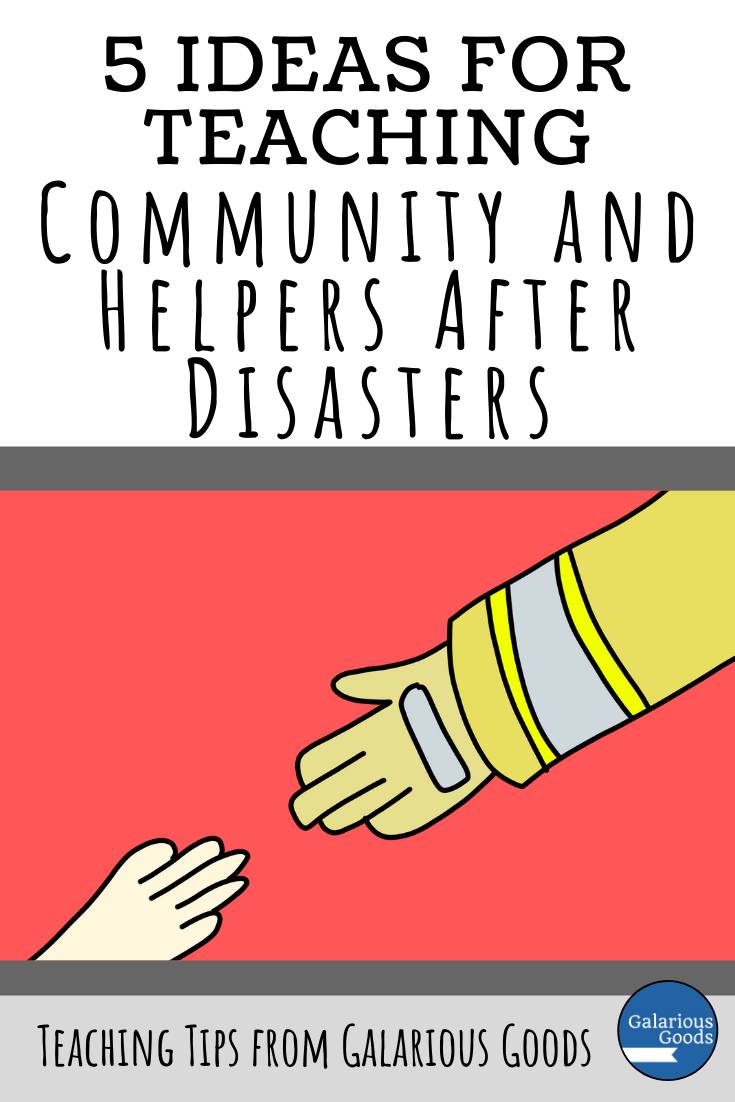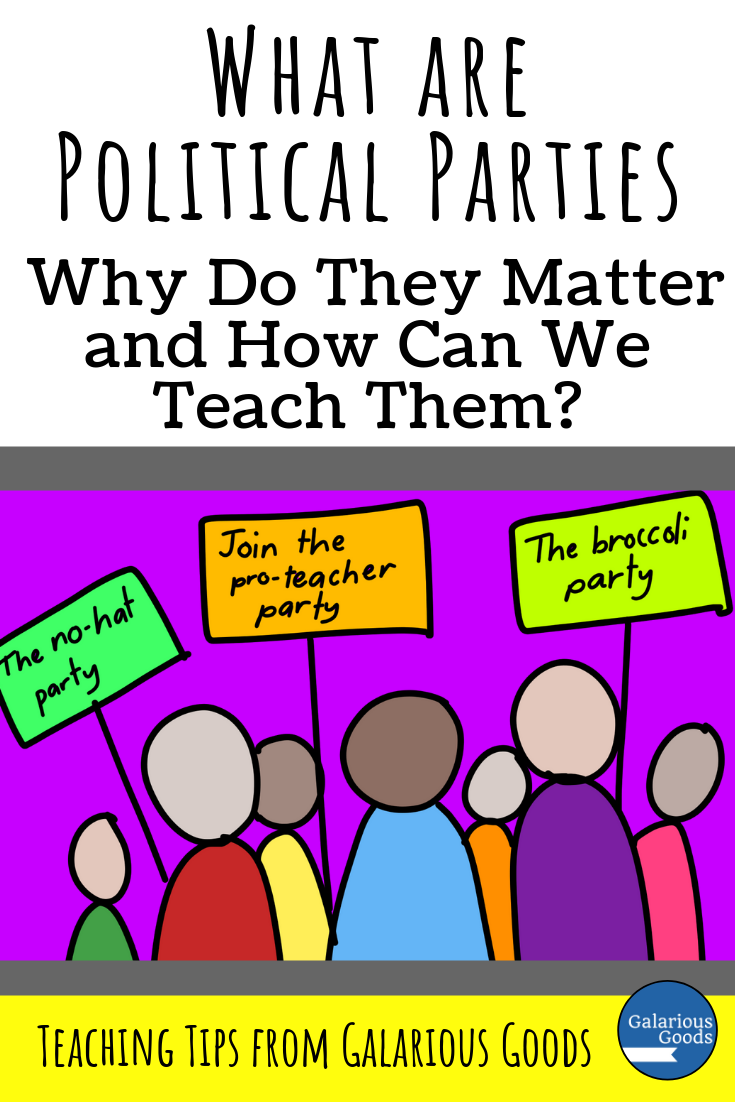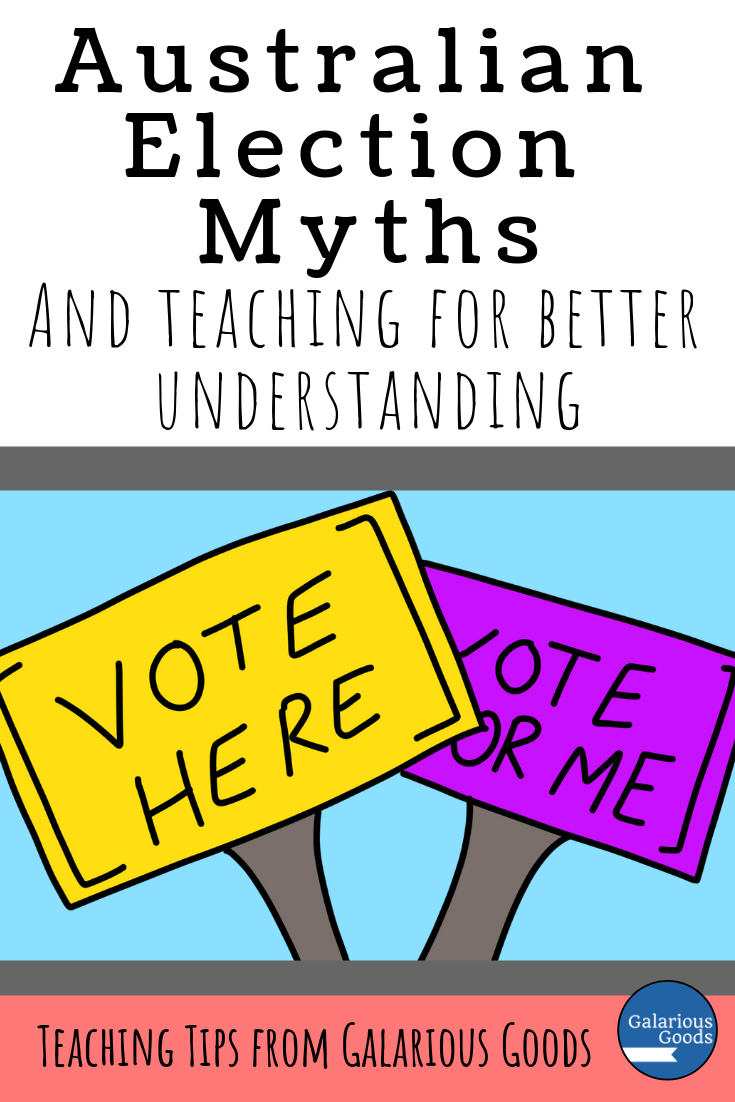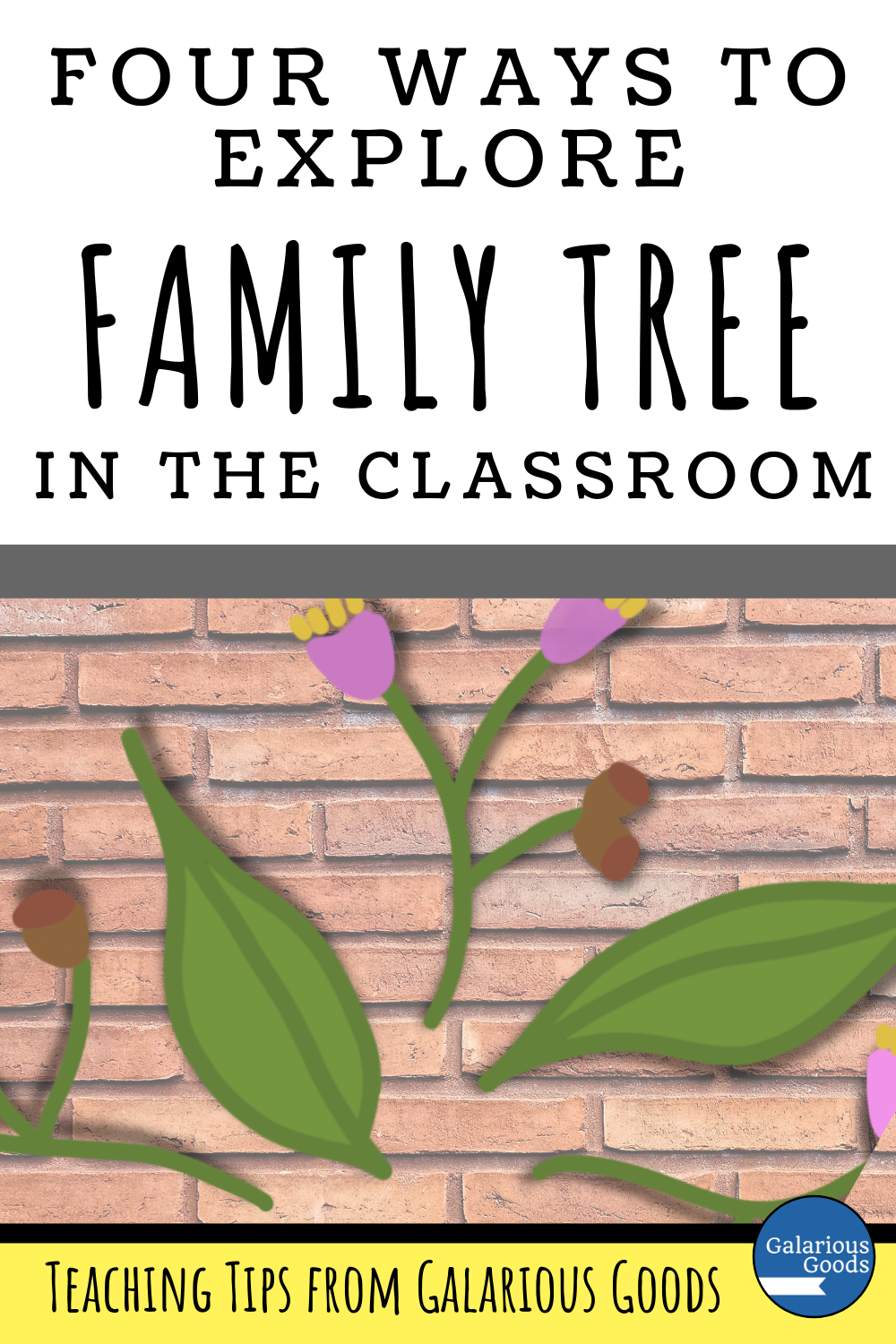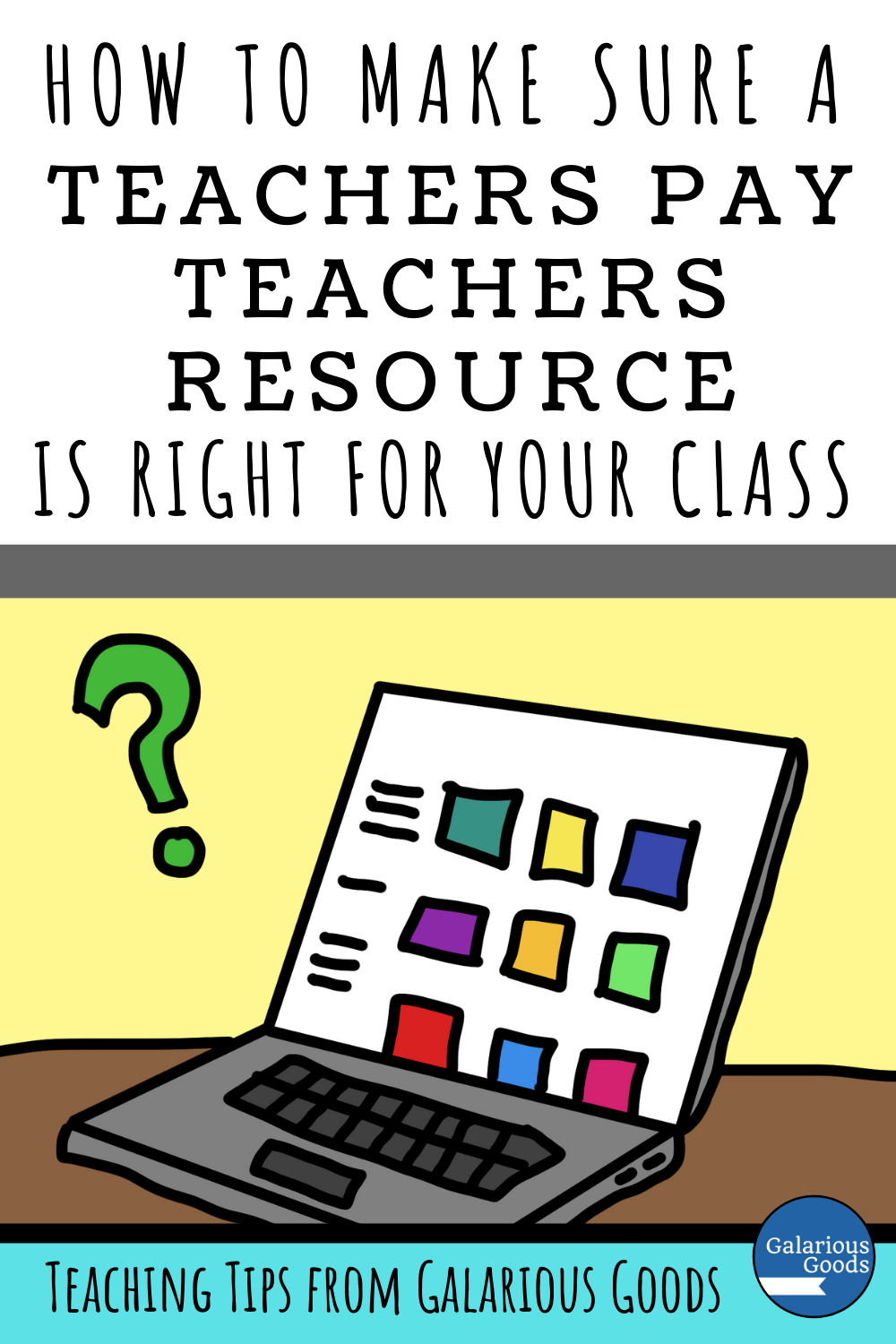Why You Should Teach Civics and Citizenship
/We have limited time in the school day and limited time in the school year. We are told to prioritise reading, writing and mathematics, along with science and technology if we want students to succeed in the ‘real’ world. And teachers are often told to teach an endless array of other subjects to fix the problems of the world we have now.
So why is it important to teach civics and citizenship to our students? How will an understanding of how government and government institutions work fit into their lives after they leave school? And why is civics education vital in the ‘real’ world?
Teaching civics and citizenship is important because our students need to know how things work
When we talk about teaching how government works, it can be easy to think we’re only referring to the work of big, central or federal governments - the things which happen at Parliament House in Canberra or the Capitol Building in Washington D.C. But understanding how civic institutions work applies to so many more levels, from local community organisations through to those big central institutions.
Choosing leaders, making decisions on laws and regulations, setting goals as a community, a state or a country, enforcing laws, engaging in actions which challenge the decisions made, being involved in community, gaining citizenship - these are all elements which make up government. And they all work in different ways.
When students know how decisions are made or how leaders are chosen, it makes it easier for them to trust or engage in civic institutions and processes. They are able to bring a higher level of background knowledge to reading or discussions about government issues and will take away a better understanding of the impacts of government decisions on their own lives and the lives of other people in their community.
Increased civic understanding means that students have a better understanding of how someone becomes a leader - and helps them reflect on whether there can be better ways of choosing leaders. It means they understand how laws are passed, how laws might be enforced in a community and why laws might need to be changed or updated. It allows them to explore their role as a citizen of a country and how people can participate as members of a community.
It shows them how civics are present in so many parts of their life - and the lives of people around them.
Takeaways:
Learning how government works increases trust or engagement in civic institutions and processes
Learning how government works allows for better informed reading and discussion
Learning how government works allows students to understand the past and think about their role in the future
Teaching civics and citizenship is important because students should know they can have a role in their government
So often teachers are asked ‘when am I going to need this when I leave school?’ Good civics education allows students to see where government is part of their life everyday . . . and how they can be part of civic institutions and processes.
From the smaller regulations around where you can park cars or walk your dog, to systems like roads and public transport, to big decisions about taxes we pay or how to respond to a natural disaster, governments are constantly making decisions which impact people. By learning more about how these decisions are made, students learn how they can be part of the decision making process - either now or in the future.
Voting is an important part of this and civics education is definitely vital for understanding voting systems better. But voting is not the only way for people to be involved in decision-making processes. Students can learn about communicating with elected decision makers, through letters, emails or phone calls. They can learn about protest movements and leaders and the impacts they have made, both in the past and in the present. And they can learn about how they can engage in local community groups and the decisions which can be made at a local community level.
Learning the ways you can be connected and participate at local - or higher - levels allows students to create better community engagement. This is something they can take with them long after they finish school.
Takeaways:
Students should understand how the decisions of governments impact so many parts of their lives
Students should understand that they can engage with decision makers in a range of different ways
Students should understand that they can participate in community groups and local decisions
Teaching civics and citizenship is important because students should reflect on what it means to be a citizen
Civics and citizenship in the classroom is about so much more than facts about how laws are made or how many elected representatives there are. Citizenship is being a participant in a community or country and there are so many aspects of this for students to explore.
Becoming a citizen of a country, the responsibilities of citizenship and the promises new citizens make are all essential things to learn and understand. Many of these subjects involve what a country stands for - what its core values are. This allows students to reflect on what the values of their country should be and whether they - as citizens or residents of the country - can reflect those values.
The many different ways citizens can be involved in democratic decision making is another element of citizenship in democratic countries. In some countries, such as Australia, this participation is a responsibility of citizenship - with almost all citizens over the age of 18 required to vote in different elections. In other countries, voting and other means of participation in decision making are rights. Learning about what rights they have as citizens allows students to understand when their rights or the rights of others are challenged and what they can do about it.
Citizenship might also mean being involved in local communities - including the communities we create inside our schools. It could mean participating in school clubs or activities, engaging in volunteer work or opportunities or simply understanding the different ways people can play a role in the community they live and work in.
Takeaways:
Learning about citizenship allows students to explore the core values of a country
Learning about citizenship allows students to examine the rights and responsibilities of being a citizen
Learning about citizenship allows students to reflect on how people can participate in their local communities
Teaching civics and citizenship is important because it helps students understand history better
So much of history revolves around what decisions were made and what were the consequences of those decisions. Sometimes we look at who made the decisions or why they made the decisions, but we don’t always look at the structures which informed their decisions.
When we teach government to our students, we help them get a better understanding of those structures. Students can look at how different political systems developed different leaders (and lead to different conflicts) in ancient civilisations. They can learn how the Magna Carta influenced other political movements and the belief that no one was above the rule of law. They can better understand political systems which were being protested by so many people working to get the right to vote.
By learning that there’s often a deeper background or issues to learn about, students begin to understand that history is complex, that sometimes we need to look at it closer to understand the different perspectives. Students also can examine the different ways that people have worked together in the past and explore how they can apply that knowledge to civic experiences now and into the future.
Takeaways:
When they learn about government, including civic processes and institution, students gain a better understanding of history
When they learn about government, students gain a better understanding of the complexity of history and the different systems which can influence decision making
When they learn about government, students gain a better understanding of how they can apply organisational systems of the past into present or future situations




